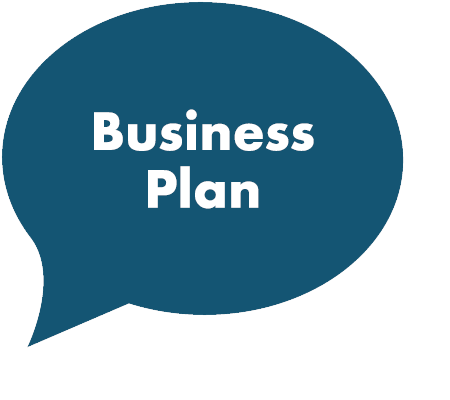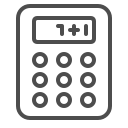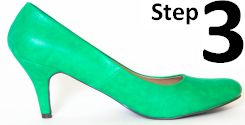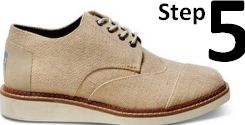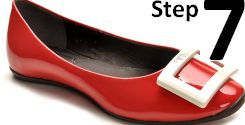Fritz Sybergs Vej 9
DK 8270 Hojbjerg
Scandinavia
info@dynamicbusinessplan.com


Step 2 - Product or Service
In this part of the business plan you must:
- Verify that you have sufficient knowledge about your product or service
- Convince the reader that you know all about your product
The analysis of your product must convince the critical reader and yourself that you really know your product or service and how it helps the customer.
If you can show the product in a picture, illustration or in real life, it will help your presentation.
Business plan questions
Below you’ll find the issues that the business plan template asks questions about.
Elevator pitch
One of the reasons why it sometimes is difficult to explain what you are
selling is that you are not quite sure what you are selling.
Of course,
in broad terms, you know, but not specifically. To resolve this, formulate a
speech - an elevator pitch - you will give to a person in an elevator who asks:
What are you selling?

The exact product / line of goods
Let’s go in detail
and specify clearly which product or which services you actually sell.
For example, if you are opening a Sports Bar and Café, you could specify your
product in these categories:
1. Beverage
- Soft drinks
- Tea and coffee
- Alcoholic drinks
2. Food
- Menus
- A la carte
- Snacks
3. Sport Items
- Football
- Cricket
- Other
Estimate of costs
To be able to estimate if you will
be able to make money from your business, you must find out what the
customer is
willing to pay for the service or product you offer.
You also need to
find out how much the product will
cost you to purchase, produce or import.
The difference between the two amounts shows how much money you will have
left to pay your rent, telephone, internet access, marketing and your own salary
(or the profit of firm).
How much is the total cost price of your
product?
Pricing
Eventually, an independent business owner must price his/her product/service. To many, this is unexplored territory. However, it does not have to cause so much trouble. You simply need to be aware of a few conditions.
Market mechanisms allow you to put a high price on your product/service if there is a great demand and a poor supply.
In Opposition, if there is a poor demand and a surplus of similar products/services in the market, you may be forced to apply a low price.
Which price have you decided for your product/service?
Interchangeability
If price is the most
important parameter, then you must consider if other products/services are
inter-changeable with yours.
Which competitors sell products similar to
yours?
Supplier
Some businesses have an extensive network of suppliers
around the world. Others have none because they are their own supplier.
Do you have a product that requires goods delivered by specific suppliers?
Stock
You have to consider how much stock is needed in your company. The ideal situation is that you always have the item your customer wants to buy in stock. On the other hand, it is also very expensive to have too much in stock.
How much stock do you need?
Distribution
To many companies, distribution
of products/services is a big problem. If you want to sell directly to the
consumers, it is often hard to find qualified sales channels.
Which
sales channels are best for your product?
Competitors
You are practically
never alone in the market you want to operate in. There will always be one or
more companies providing a similar service or product meeting the same demand as
yours.
Who are your competitors?
Potential for development
Most
products have a certain
life span on the market. It can be long or short
depending on product or service. Also, developments in society and in technology
will have an influence on its life span.
How do you position your product
in its total product life?
Download business plan template
Go to Download Center and find the template in which you can write your own business plan.

The inventor consumes money and creates knowledge. The entrepreneur does the exact opposite: He consumes knowledge and earns money.
- Søren Hougaard, Danish professor in Entrepreneurship




















